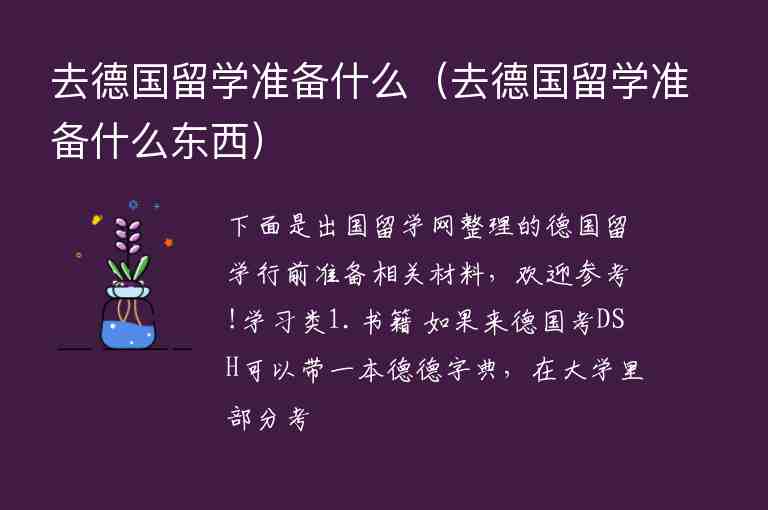carryover是一个英语单词,作为名词时,意为“遗留物;残余物”,作为动词时,意为“延续;保留”。其音标为[kæriˈəʊvə],读作卡里欧沃。
用法:
1. 作为名词时,常用于指某件事物的残余部分。
2. 作为动词时,常用于指某种情况或状态的延续或保留。
例句:
1. The carryover of the pandemic's economic impact will be felt for years to come.
(这场大流行造成的经济影响将会持续数年。)
2. There was a carryover of tension from the previous meeting.
(上次的紧张气氛延续到了这次。)
怎么读:
carryover的音标为[kæriˈəʊvə],其中重读音节为第二个音节“ri”。
同义词及用法:
1. remain:作为名词时,意为“剩余部分”,作为动词时,意为“保持;仍然存在”。
例句:The remain of the cake was shared among the guests.
(蛋糕的剩余部分被分给了客人。)
2. continuation:意为“延续;继续”。
例句:The continuation of the story left the audience in suspense.
(故事的延续让观众感到悬念。)
编辑总结:
carryover作为名词时,指某事物的残余部分,作为动词时,指某种情况或状态的延续或保留。其同义词包括remain和continuation。在写作中,我们可以根据语境选择使用名词或动词形式,来表达所需的意思。

